Related Research Articles

Rupert Chawner Brooke was an English poet known for his idealistic war sonnets written during the First World War, especially "The Soldier". He was also known for his boyish good looks, which were said to have prompted the Irish poet W. B. Yeats to describe him as "the handsomest young man in England". He died of septicaemia following a mosquito bite whilst aboard a French hospital ship moored off the island of Skyros in the Aegean Sea.

William Sancroft was the 79th Archbishop of Canterbury, and was one of the Seven Bishops imprisoned in 1688 for seditious libel against King James II, over his opposition to the king's Declaration of Indulgence. Deprived of his office in 1690 for refusing to swear allegiance to William and Mary, he later enabled and supported the consecration of new nonjuring bishops leading to the nonjuring schism.
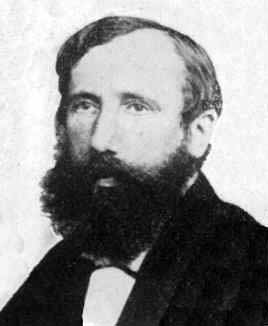
Isaac Todhunter FRS, was an English mathematician who is best known today for the books he wrote on mathematics and its history.

Sir Adolphus William Ward was an English historian and man of letters.

William Hepworth Thompson was an English classical scholar and Master of Trinity College, Cambridge.

Emmanuel College is a constituent college of the University of Cambridge. The college was founded in 1584 by Sir Walter Mildmay, Chancellor of the Exchequer to Elizabeth I. The site on which the college sits was once a priory for Dominican monks, and the College Hall is built on the foundations of the monastery's nave. Emmanuel is one of the 16 "old colleges", which were founded before the 17th century.
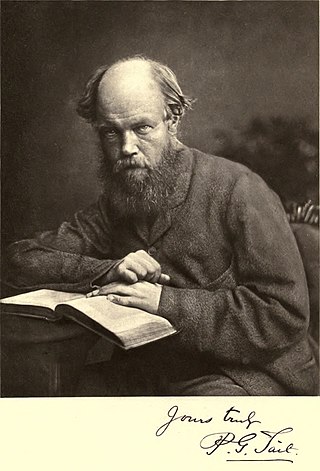
Peter Guthrie Tait was a Scottish mathematical physicist and early pioneer in thermodynamics. He is best known for the mathematical physics textbook Treatise on Natural Philosophy, which he co-wrote with Lord Kelvin, and his early investigations into knot theory.

John Phillips FRS was an English geologist. In 1841 he published the first global geologic time scale based on the correlation of fossils in rock strata, thereby helping to standardize terminology including the term Mesozoic, which he invented.
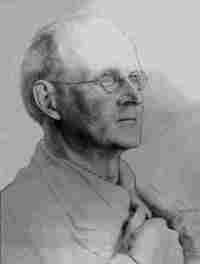
Charles Kay Ogden was an English linguist, philosopher, and writer. Described as a polymath but also an eccentric and outsider, he took part in many ventures related to literature, politics, the arts, and philosophy, having a broad effect particularly as an editor, translator, and activist on behalf of a reformed version of the English language. He is typically defined as a linguistic psychologist, and is now mostly remembered as the inventor and propagator of Basic English.

Richard Farmer FRS FSA (1735–1797) was a Shakespearean scholar and Master of Emmanuel College, Cambridge. He is known for his Essay on the Learning of Shakespeare (1767), in which he maintained that Shakespeare's knowledge of the classics was through translations, the errors of which he reproduced.

Laurence Chaderton (c. September 1536 – 13 November 1640) was an English Puritan divine, the first Master of Emmanuel College, Cambridge and one of the translators of the King James Version of the Bible.
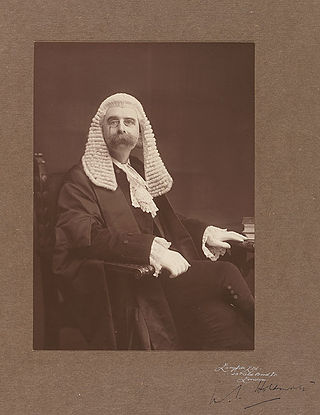
Sir William Searle Holdsworth was an English legal historian and Vinerian Professor of English Law at Oxford University, amongst whose works is the 17-volume History of English Law.
Richard Holdsworth was an English academic theologian, and Master of Emmanuel College, Cambridge from 1637 to 1643. Although Emmanuel was a Puritan stronghold, Holdsworth, who in religion agreed, in the political sphere resisted Parliamentary interference, and showed Royalist sympathies.

George Chrystal FRSE FRS was a Scottish mathematician. He is primarily known for his books on algebra and his studies of seiches which earned him a Gold Medal from the Royal Society of London that was confirmed shortly after his death.
George Edmundson was a clergyman of the Church of England and academic historian of the University of Oxford. He took up benefices in Northolt and Chelsea and in retirement lived in the south of France.
Arthur Lukyn Williams (1853–1943) was a Hebrew New Testament scholar at Jesus College, Cambridge. He was also a Christian apologist active in Christian mission to Jews.
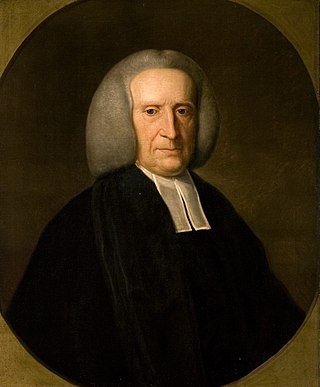
William Richardson (1698–1775) was an English academic and antiquary, Master of Emmanuel College, Cambridge from 1736.
George John Archdall-Gratwicke, called George John Archdall until 1863, was an academic in the 19th century.

Lincoln Grammar School or Lincoln Free School was formed as the result of the amalgamation of the Lincoln City Free School and the Lincoln Chapter Grammar School. The amalgamation occurred in January 1584, but the two schools may have been effectively working as single school from 1560. In 1574 Lincoln City Corporation had reached an agreement with Robert Monson who was donating the Greyfriars for use as a Grammar School. This was to replace an older City Free school, which had been in scholegate. The exact location of this Free school is uncertain, but scholegate probably refers to Danesgate, but other evidence suggests that the earlier school was close to St Rumbold's church.
References
- 1 2 3 4 "Chawner, William (CHWR867W)". A Cambridge Alumni Database. University of Cambridge.